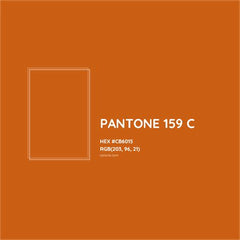Your cart is empty now.
Amendment of Trademark - What info can I modify in a trademark?
Once a trademark application is filed, certain information can be amended, while other details cannot be changed. Here is an overview of what can and cannot be amended, and how you can make those amendments:What Trademark Class is a Handbag?
Handbags fall under Nice Class 18 in the Nice Classification system. Class 18 covers a variety of goods primarily made of leather and imitations of leather, including:
- Handbags
- Wallets
- Purses
- Luggage
- Trunks
- Briefcases
- Leather shoulder belts
- Various other leather goods









